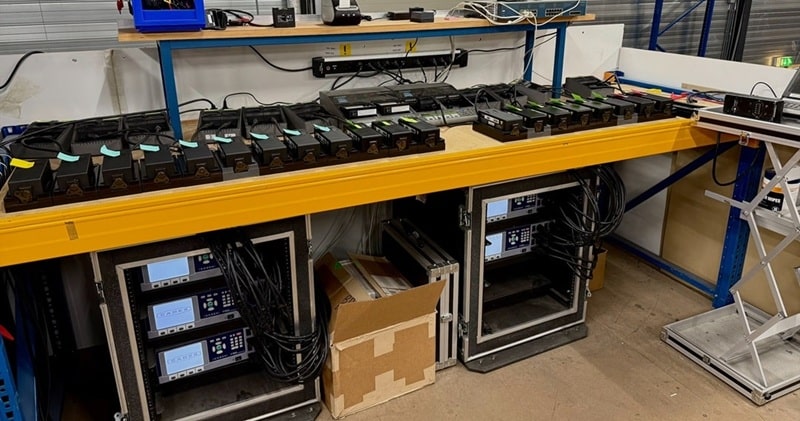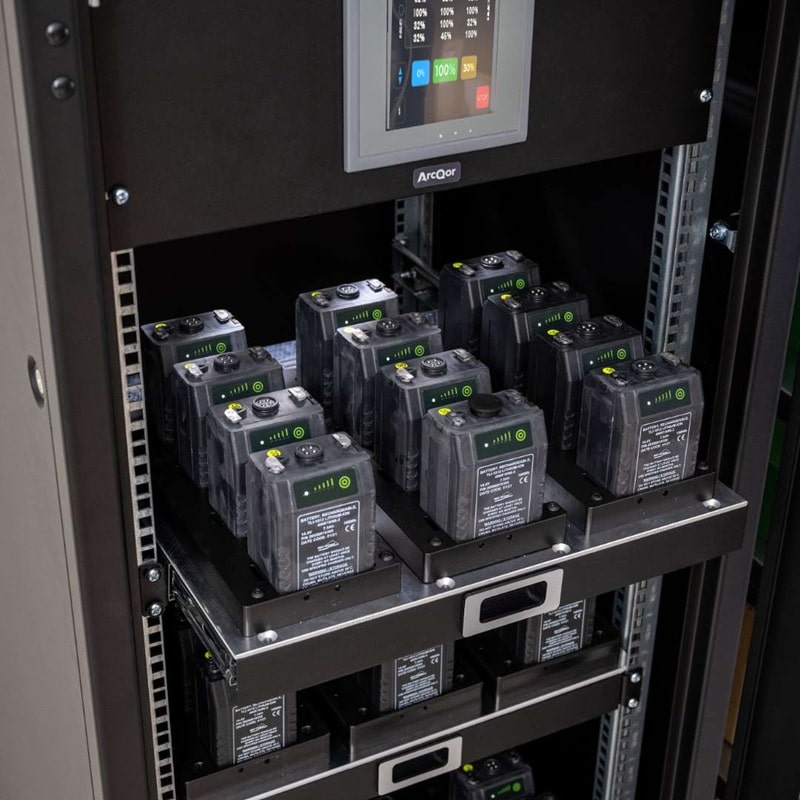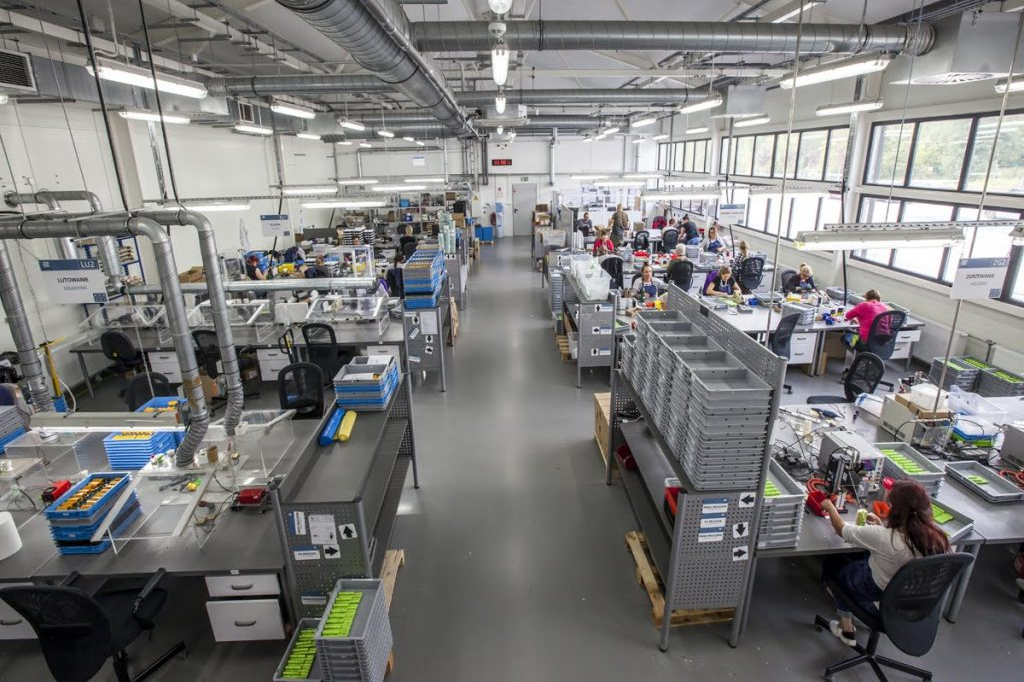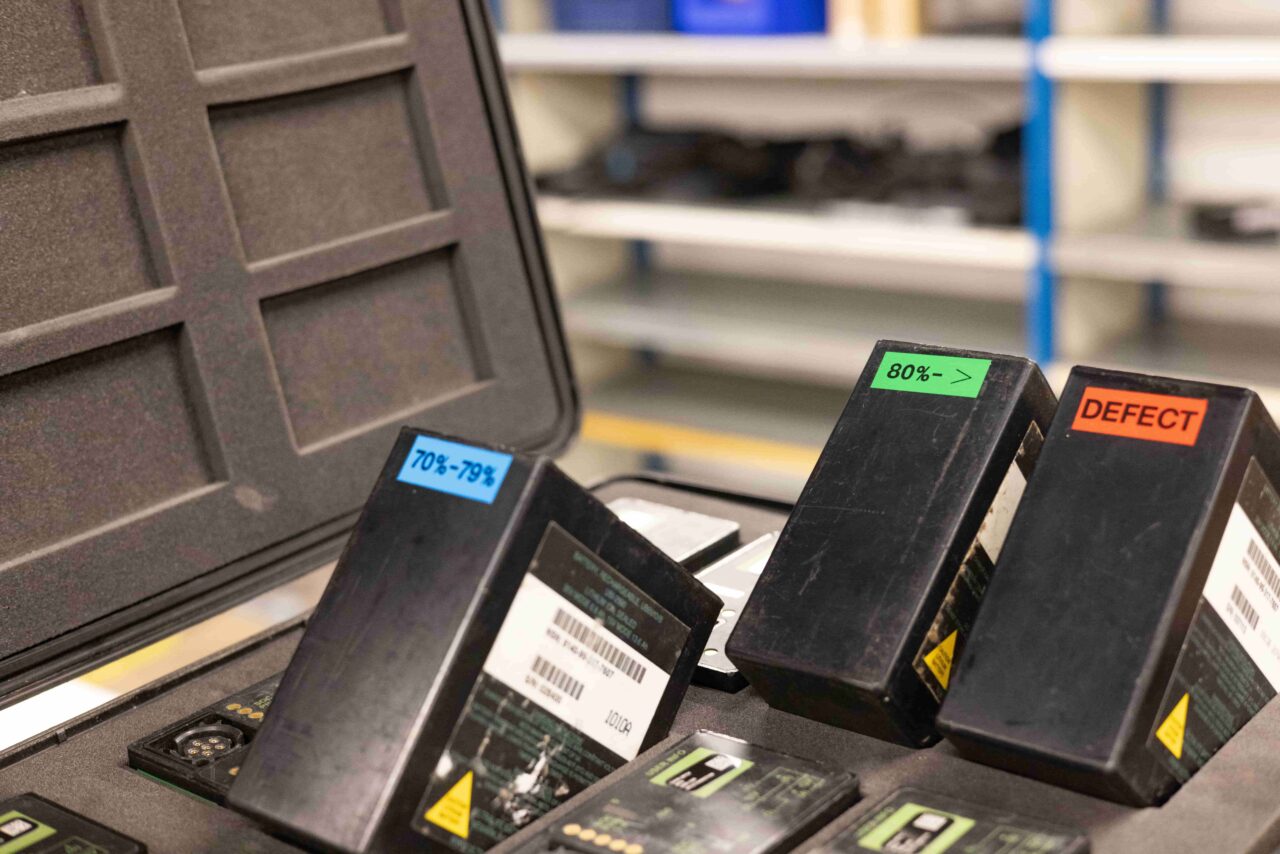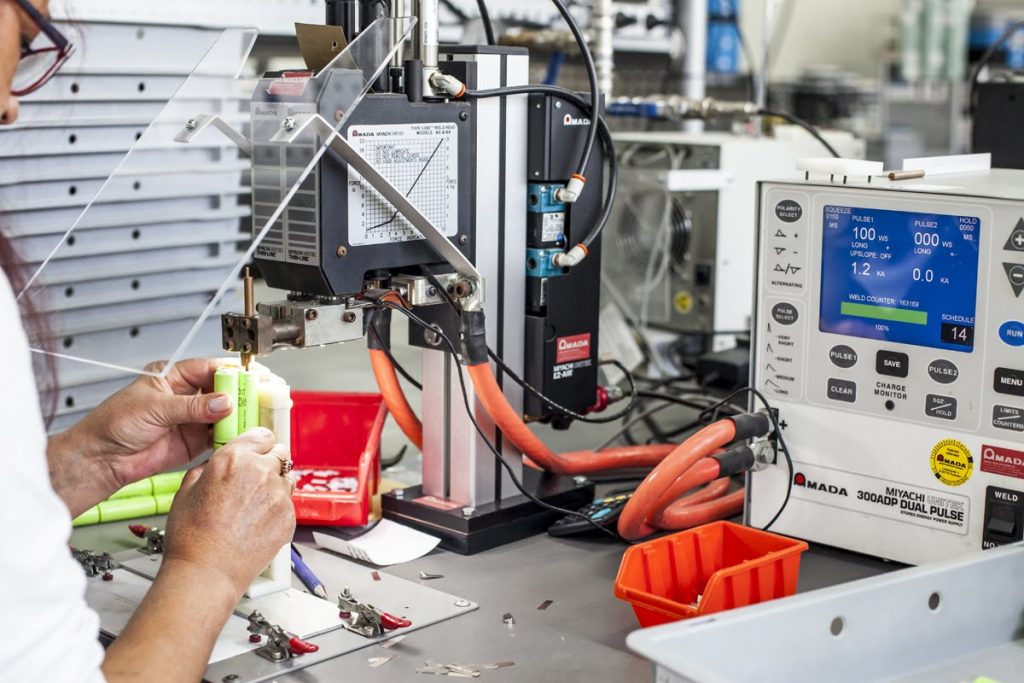Defence cannot afford to wait for lengthy development processes. That’s why Elfa combines a flat organisational structure with a strong R&D department and European production capacity. This enables us to quickly improve prototypes, free up resources immediately, and deliver reliable solutions that meet the specific needs of military operations. Defence organisations also turn to Elfa with specific questions about batteries.
Read more
At Elfa, we develop solutions that truly advance defence capabilities. Together with our partners, we translate complex challenges into smart and immediately applicable innovations. From garrison to mission area, we deliver practical systems that increase the operational readiness of service members. For military use, Elfa has developed a completely new range of battery chargers.
Read more
Lithium-ion batteries are indispensable in modern technologies, from consumer electronics to industrial equipment. For business users, extending the lifespan of these batteries is crucial to save costs and improve efficiency. This blog explores the factors leading to the aging of lithium-ion batteries and offers practical advice to extend their lifespan.
Read more
Understanding the impact of temperature on battery performance and lifespan is crucial for optimizing energy storage. Did you know, for instance, that a battery (just like people) performs best at room temperature (20°C)? For example, when you use a battery at 30°C instead of the aforementioned room temperature, its lifespan is reduced by as much as 20 percent.
Read more
Lithium-ion batteries are everywhere around us – in our phones, laptops, and even electric cars. But how do they actually work? And what makes them so special? In this blog, we delve into the world of lithium-ion batteries. From their origins to the latest developments, we explore the basic principles, challenges, and future possibilities of these powerful energy sources.
Read more
Batteries are the unsung heroes of modern life, but do you know how they age? In this blog, we delve deeper into the world of battery aging. From capacity loss to self-discharge, we unravel the secrets behind the decreasing power of our batteries. Understanding this allows us to develop strategies to extend their lifespan and optimize their performance. Curious how? Read on!
Read more
Home batteries offer households the key to energy independence, but safety is key. Find out here how to create a safe, sustainable future with expert installation, smart site selection and awareness training. Make the energy revolution of the 21st century not only green, but also safe.
Read more
In the rapidly changing world of green technologies, sustainable innovations and renewable energy, electric cars are not only known for their contribution to reducing CO2 emissions on the road; nowadays, electric cars are also known for their potential as home batteries.
In recent years, the idea of using an electric car as an energy storage system for your home has become increasingly popular. In this blog, we delve deeper into the emerging trend and look at the benefits, challenges and future of an electric car as a home battery.
Read more
In the search for efficient and sustainable energy storage systems, sodium-ion saltwater batteries (saltwater batteries) have emerged in recent years as a promising solution. These flow batteries offer an interesting alternative to traditional battery technology. Besides the saltwater battery, there are also other alternative solutions available. In this blog, we focus our attention on a specific alternative: the sodium-nickel battery by Swiss company FZSONICK.
Read more
Lead-acid and lithium-iron-phosphate batteries are often used in industrial applications. Lead-acid batteries are the traditional option, while lithium-iron-phosphate batteries are increasingly used as a 'drop-in replacement'. However, both variants have their own advantages and disadvantages that are worth considering.
Read more
Primary batteries, or non-rechargeable batteries, are still the more popular option over secondary batteries, or rechargeable batteries, in many cases. Especially in situations where charging the batteries is not possible. That's why primary batteries are often found in military missions, pacemakers, tire pressure gauges, IoT devices, watches, electric remote controls and more. How long primary batteries last depends on a number of factors. The main factors for this are the chemistry of the battery, ambient temperature and energy consumption of the application.
Read more
The convenience of energy from gas and coal will soon be behind us thanks to the energy agreement. We will have to use energy very differently. By 2030, the amount of green electricity we produce in the Netherlands from nature must be increased by five times. This will require hundreds of additional wind mills and the installation of millions of solar panels.
Read more
Elfa lives by batteries and has more than 100 years of battery expertise. Yet it is certainly not blind to other developments. We believe that the battery will always play a very important role for small-scale applications. But where the battery will power cars or, even bigger, provide power to homes and companies, we expect its role to become small in the coming decades. After all, hydrogen offers a better alternative.
Read more
On June 26, two Nasa astronauts conducted a spacewalk to replace old nickel-hydrogen batteries with new lithium-ion batteries. The new lithium-ion batteries are lighter and smaller than the old batteries and also have more power capacity.
Read more
